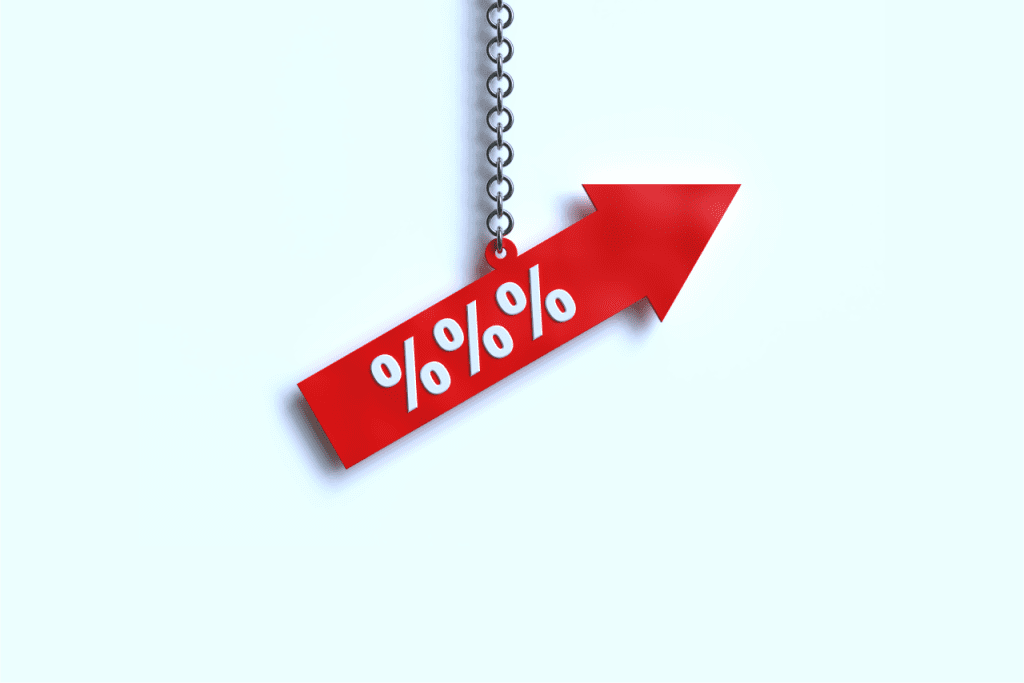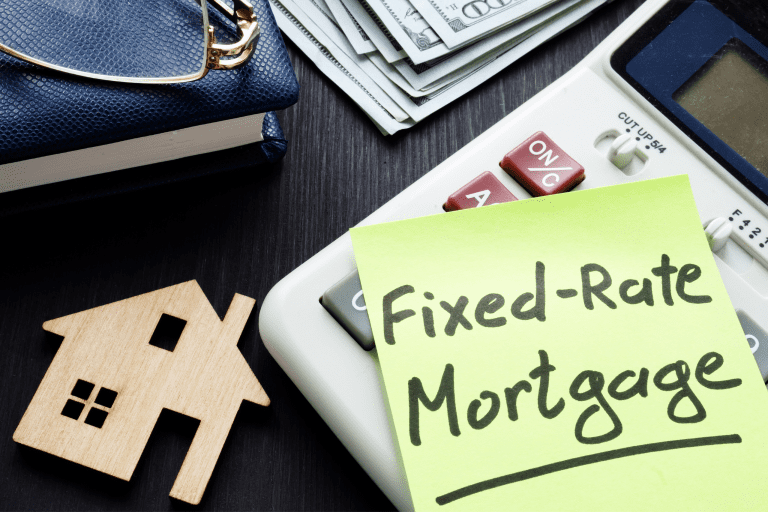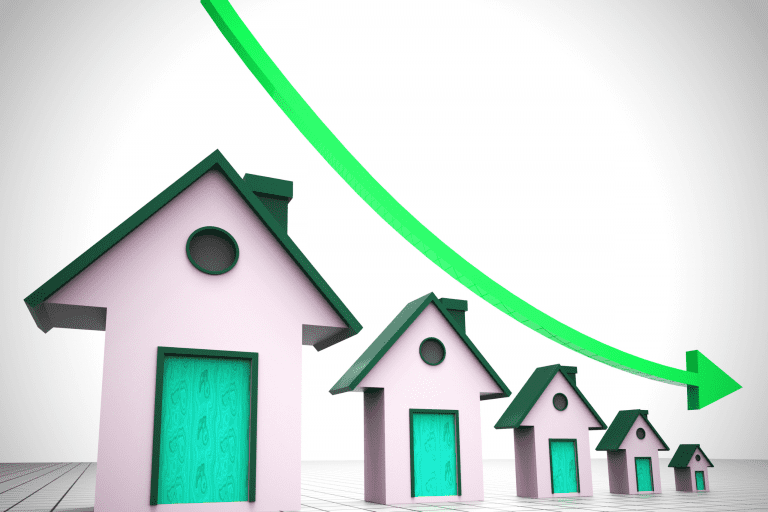
As of November 2nd 2023, the Bank of England has announced that interest base-rates have remained at 5.25%.
What is mortgage rate inflation?
Inflation is a term used to describe the rising costs of the things we buy. It is determined by how quickly these prices rise. The Office for National Statistics records the prices of over 700 items and from this they can calculate the increase in the cost when compared to a year ago.
The Bank of England sets a target of 2% for inflation and when this is exceeded, they will review interest rates and decide if these need to be increased. In essence the higher our interest rates are, the less we look to spend and the more we tend to save. The less we spend the more likely prices are to drop as companies still need us to buy their goods and services. The opposite also applies should the level of inflation be too low.
So how could inflation affect your mortgage? Well, when the Bank of England increases the Base Rate, lenders typically increase the rates that they charge you for your borrowing, such as your mortgage. Therefore, if you are on a variable rate you will likely see an increase to your interest rate fairly swiftly following a Base Rate rise and in turn, an increase to your monthly payment. You may not see an impact if you are on a fixed rate as your lender has agreed to set this at a certain level for a given period. However, as the price of new fixed rates will also increase, any new scheme you look to agree to when your current deal comes to an end could well be higher and still result in an increase in your monthly payment.
Is 2023 the best time to get a mortgage?
A question we are asked on many occasions is, when is the best time to get a mortgage? This really comes down to when is best for you. People take a mortgage out for many different reasons, some may have a current scheme expiring and others may have personal reasons, such as a need to carry out a transfer of equity. Of course, if you are thinking of taking a mortgage to buy a property this may mean you have a greater degree of choice for when you do so. Even then it’s not that simple as you also need to take into consideration the situation of house prices. Ultimately there should perhaps never be a time that is regarded as “best” solely based on the rates themselves. A mortgage for many is a long-term commitment and as such you need to budget well, taking into consideration that rates can go up as well as down.
What does the mortgage rate increase mean for you?
With interest rates on the rise, it inevitably means that the cost of your mortgage will also increase.? Possibly not straight away if you are one of the many who are currently on a fixed rate scheme. However, if rates remain as they are or continue to rise, you will likely see an increase at some point in the future when your deal expires. For a £200,000 mortgage over 25 years, a 1% increase in the rate you are charged will give a rise of around £100 per month to your mortgage payment. As we have already established, rises in interest rates are usually in response to a rise in inflation, so having an increase to your mortgage payment is likely to be on top of other increases in your monthly expenditure.
- Blog
- Latest News



